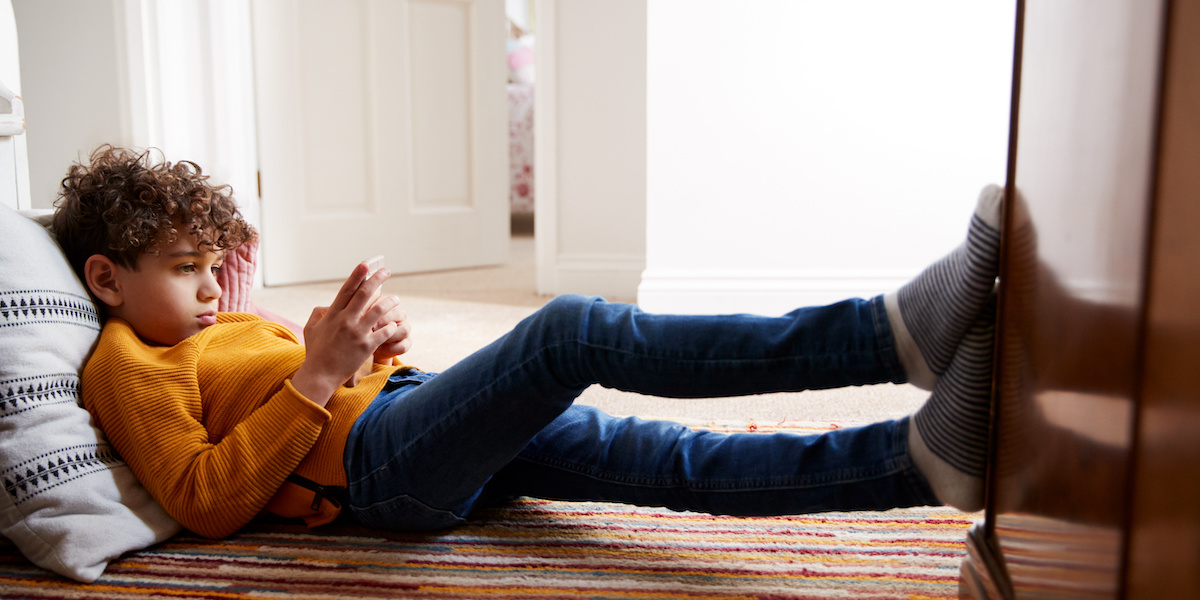
The following is excerpted from an online article posted by HealthDay.
Children’s screen use could be altering their developing brains as they enter adolescence and increasing their risk for mood disorders, a major new study finds.
Further, the investigators linked some of these mood disorders to actual structural changes occurring in the kids’ developing brains, according to the report published online recently in the Journal of Behavioral Addictions.
“There were specific brain mechanisms that in part contributed to this relationship, meaning from a statistical perspective there were brain-based changes occurring over the two-year period that mediated the relationship between screen media activity in the younger children and internalizing concerns relating to depression and anxiety two years later,” said senior researcher Dr. Marc Potenza. He is a professor of psychiatry at the Yale School of Medicine’s Child Study Center, in New Haven, Conn.
For the study, Potenza and his colleagues analyzed data on more than 5,100 children participating in the ongoing Adolescent Brain Cognitive Development (ABCD) study. The data included brain scans, psychological evaluations and behavior tracking on these kids starting from ages 9 to 10.
When the researchers looked at the first round of data for 9- and 10-year-olds, they found a relationship between high levels of screen use and mood disorders, as well as “externalizing” behaviors like aggression and discipline, Potenza said.
They also observed brain structure patterns in those children similar to those associated with underage drinking in previous studies, he added.
They then followed the kids as they aged, to see if the mental health problems persisted and whether they correlated with any further brain changes.
As 11- and 12-year-olds, the kids continued to have depression and anxiety related to heavy screen use, and their brains had changed in ways that would explain some of those mood disorders.
However, the study did not link the same brain changes to heavy screen use and behavior problems like aggression, bullying or defiance.
Source: HealthDay
https://consumer.healthday.com/kids-and-social-media-2659636501.html

 Teen Loneliness Triggers ‘Reward Seeking’ Behavior
Teen Loneliness Triggers ‘Reward Seeking’ Behavior  The Hidden Mental Health Danger in Today’s High-THC Cannabis
The Hidden Mental Health Danger in Today’s High-THC Cannabis  Early Smartphones May Scar Young Minds
Early Smartphones May Scar Young Minds